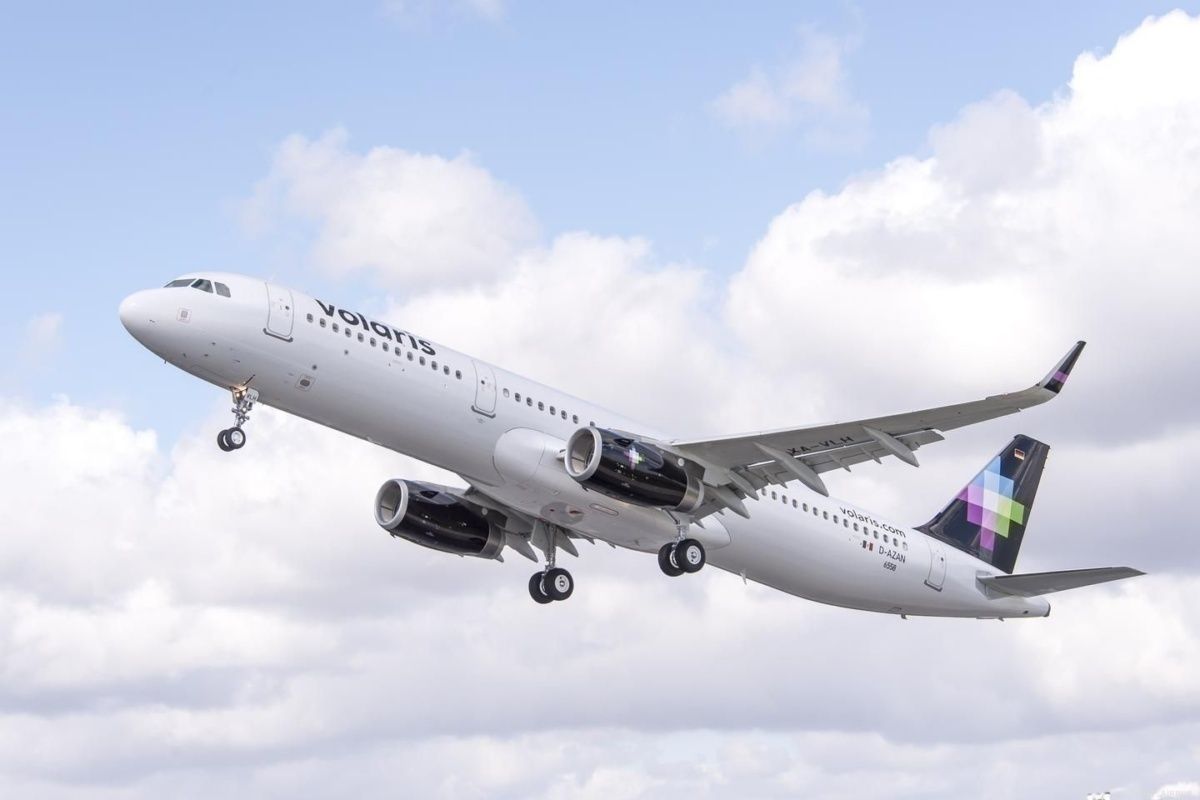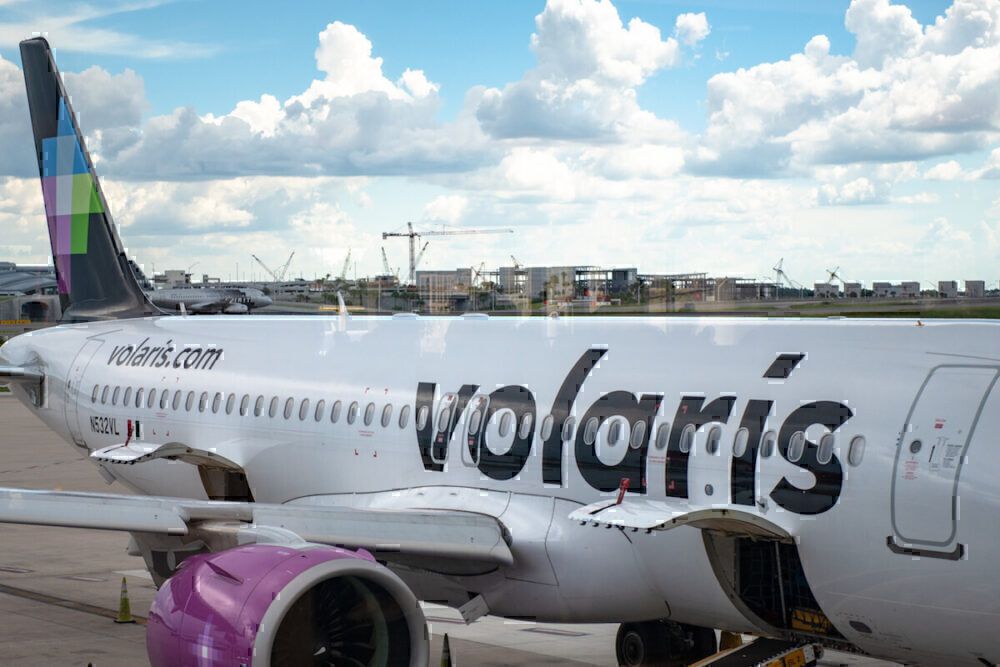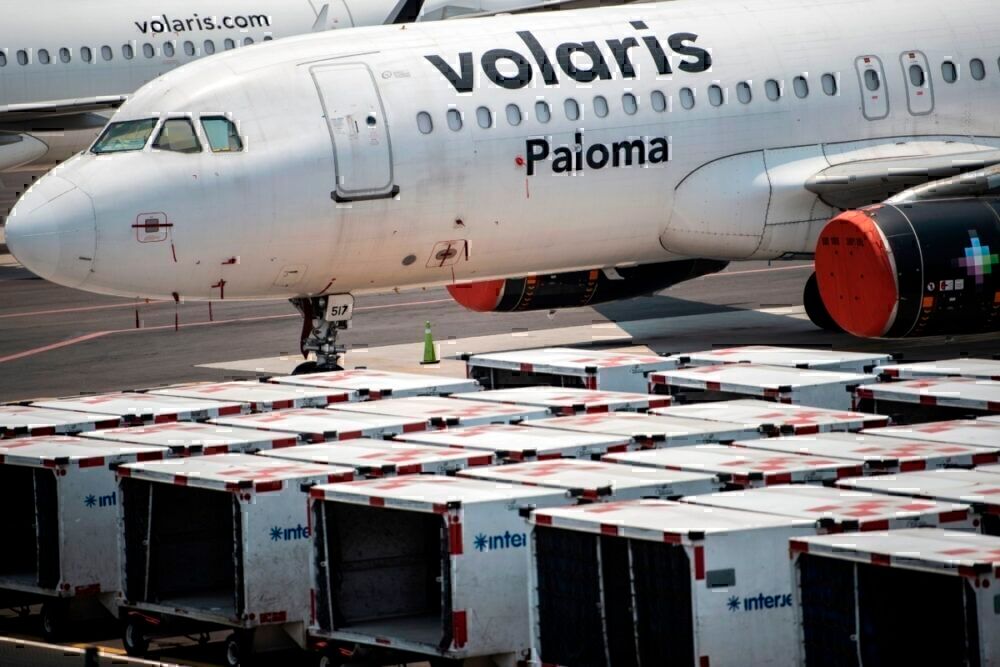Mexican ultra-low-cost carrier Volaris has been betting big on getting people off the busses and onto its jets for some years now. But with the rise in COVID cases in the country, will the airline’s fight be disturbed? CEO Enrique Beltranena thinks not, and believes it actually presents a gift-wrapped opportunity for the airline.
Bus switching is core to Volaris’ strategy
At the start of 2020, ultra-low-cost carrier Volaris became the largest airline in Mexico by passenger numbers. It has one of the best cost performances of any airline in the world, but it doesn’t measure its success against those other airline carriers. Instead, it benchmarks itself against its biggest competitor – the busses.
Air travel in Mexico, traditionally cripplingly expensive and not all that reliable, has not been valued by the nation's people as a real alternative to taking the bus. Out of a population of approximately 129 million, Volaris says 38 million have never been on a plane. The airline wants to change that, and pins a great deal of hope on getting more people to do the ‘bus switch’.
Last year, Volaris carried a total of 22 million passengers, an increase of almost 20% year-on-year. 1.8 million of those were first time fliers. It seems, slowly but surely, Volaris is winning the battle of the busses but will COVID unsettle its plans?
COVID will help, not hinder, the bus switch
While the overall demand for travel remains sluggish and is unlikely to pick up any time soon, for an airline better on the bus switch, COVID is a significant driver. In an interview for World Aviation Festival recently, CEO Enrique Beltranena discussed how he believes COVID will actually help. He said,
“Right now, jumping onto a bus in Mexico with basically no protocol for hygiene issues and people jumping in and jumping out for distances that are about five to five and a half hours, we can perfectly compete in terms of pairs, we can perfectly compete the terms of the services that we're providing and we're going against that in a very aggressive way.”
The CEO admits that demand will come back slowly, but he expects that, by the end of the year, recovery may have brought back around two-thirds of the demand that was seen in 2019. Beltranena believes Volaris is in a great position to capitalize on the hygiene issues around COVID, saying,
“We strongly think that this is the moment to really ramp up the bus switching.”
Buses, by their nature, pose a much bigger risk to those who are concerned about catching COVID than aircraft. Those HEPA filters, deep cleaning between turns, social distancing and vertical air circulation are not typical inclusions on your domestic Mexican bus. Couple that with the extended period of time spend on the bus and the multitude of people encountered along the way, and you can see the CEO’s point.
Aggressive marketing
Beltranena doesn’t believe in letting a good opportunity pass him by. He knows there are still many millions to convince of the benefits of air travel and believes that there has never been a better time to do it.
To get the message out there, the Volaris CEO has taken the fight to the home turf of the busses. He said,
“We've been doing advertising; we've been doing campaigns exactly at the bus stations and at the big distribution markets in Mexico. We are showing the people how important in this moment it is to fly and, by far, the aviation industry is right now a much safer way of traveling than using the buses.”
While other Mexican carriers are limping along, and some in severe financial difficulty, Volaris remains bullish about its success. Rather than cutting routes, the carrier is back to around 60% of its original schedule, and even pressed ahead with its new Mexico City routes, despite the ongoing challenges.
It seems Volaris is perfectly positioned to emerge from this crisis stronger than ever.



